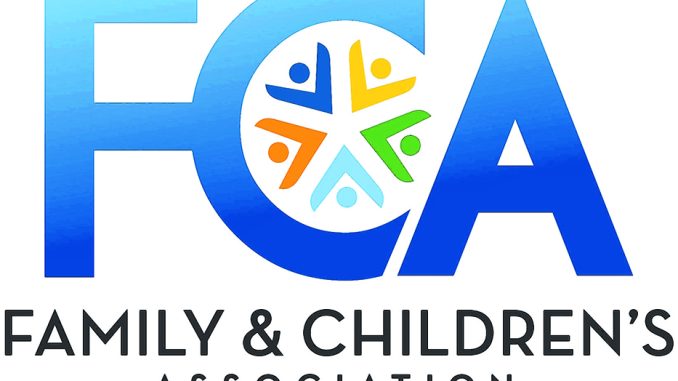
Back to school is a different experience for every adolescent. Some are excited to see their friends, show off a new outfit, or get back into a routine. For others, school can present many more challenges than reading, writing, and arithmetic.
By Nicole Vasselman and Jennifer Scheck
Family & Children’s Association (FCA), one of Long Island’s oldest and largest health and human services organizations, has been helping parents and children cope with challenges from anxiety to peer pressure to truancy, sexual activity and drug use, offering communication strategies, support, intervention and counseling. Most services are free, low cost or covered by insurance. No one is turned away for inability to pay. While every family situation is unique, supportive techniques have universal applications.
Parents are the first line of defense against negative behaviors in their children. Effective parenting skills practiced early and often yield the most success but it’s never to late to start.
Whether you’re a parent or a professional, it’s difficult to initiate conversations about sex, drug use, and other activities. Acknowledging your discomfort at the start of the conversation is a good way to break the ice and sets the tone for a more honest exchange in a safe space. It’s important to realize that you may hear things that dismay or surprise, and even shock you, but your job is to be receptive, granting your child permission to be themselves by providing nonjudgmental support and an avenue to resources that can help you both make well-informed decisions.
The greatest hurdle to talking with your adolescent may simply be getting started. Suggest an activity—going for ice cream, shooting hoops, catching a movie—no one size fits all.
Initiate the conversation while you’re out together. Your child may be relieved to talk about their fears, temptations, what they don’t know, and what they can’t handle on their own.
Don’t let it stop there. Make time for regular informal or planned family time.
It’s comforting to a child to know there’s a caring parent to support them, whether they want it or not. Equally important is articulating your expectations and boundaries. Don’t believe that children don’t like structure, no matter what they say.
Households are different, as are parenting styles, but whatever a family’s make-up, income level, cultural or ethnic background, the adults must be willing to hear what the child in their care has to say and offer a level of acceptance to help that child embrace their unique identity. FCA’s first focus is on harm-reduction and safety. You cannot force a child to act a certain way, but you can educate them to make good choices within that framework to help keep them safe.
FCA does not come from an abstinence-only model or sit-in judgement. The organization’s commitment is to educate and encourage discourse on ways to stay safe and healthy in body and mind. If you find condoms in your child’s room, for example, don’t remove them—that’s taking away their health and safety. Use the discovery to acknowledge their responsible behavior, and as an avenue to an open-minded discussion.
Many kids experiment with pot and alcohol. Engaging in these behaviors doesn’t generally lead to addiction, so try to avoid extreme reactions. Keep communication open, be a good listener. You don’t have to navigate childrearing alone. It takes a village. Your pediatrician, school counselors and social workers can be excellent resources, as can FCA.
FCA’s Our Turn program provides sexual health information and assistance to sexually active persons, ages 14 to adult, free of charge. Our Turn is part of a county-wide initiative, the Regional Prevention & Support Services Initiative (RPSSI) Nassau. Seven community-based organizations and four clinical care organizations participate. Funded through a subcontract with Northwell, Our Turn assesses risk factors for sexually transmitted diseases (STD) and provides navigation services for people living with or at risk for HIV. The program busts myths and provides instructions on healthy practices such as condom usage and regular testing, and connects clients with medical care.
Youth can enter treatment without their parents’ knowledge, but it is without question more productive with family involvement and open communication. There are no income limits to receive services through the RPSSI Nassau Program. Immigration status is not asked. All services under the program are provided with no cost to the client. The goal is to help clients regain their health and stay healthy by addressing any obstacles that interfere with their ability to seek proper medical care or follow their clinician’s advice.

—Nicolle Vasselman, LMHC, CASAC-2, is the senior director of prevention and treatment services, FCA. Jennifer Scheck, LCSW, CASAC is a clinic director with FCA Family Treatment & Recovery Centers.

Be the first to comment